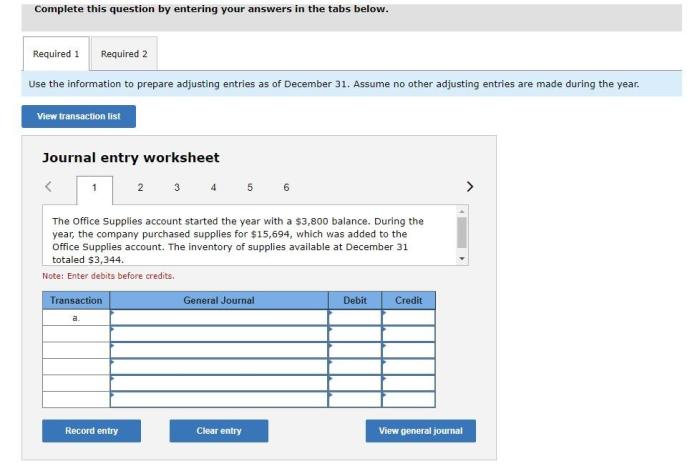The annual accounting period, a crucial aspect of Arnez Company’s financial reporting, plays a significant role in shaping the company’s financial performance and compliance. This comprehensive guide delves into the intricacies of Arnez Company’s annual accounting period, exploring its definition, selection, implications, regulatory considerations, and financial reporting.
1. Definition and Purpose
An annual accounting period refers to the 12-month duration adopted by a company for financial reporting purposes. It provides a consistent time frame for measuring and recording financial transactions, facilitating comparisons and analysis of financial performance over time.
Establishing a defined annual accounting period is crucial for several reasons. It enables companies to:
- Align financial reporting with the business cycle and operating activities.
- Meet regulatory requirements and facilitate compliance with accounting standards.
- Provide timely and relevant financial information to stakeholders, including investors, creditors, and management.
2. Selection and Justification: Arnez Company’s Annual Accounting Period

The selection of an annual accounting period involves considering factors such as:
- Nature of the business and its operating cycle.
- Industry practices and prevailing accounting standards.
- Regulatory requirements and tax implications.
Common annual accounting periods used by companies include:
- Calendar year (January 1 to December 31)
- Fiscal year (any 12-month period ending on a specific date)
The rationale behind choosing a specific annual accounting period may vary depending on the company’s circumstances. For example, a company with a seasonal business cycle may select a fiscal year that aligns with the peak and low seasons.
3. Accounting Implications
The annual accounting period has significant implications for the recognition and measurement of financial transactions. Transactions are recorded and reported within the accounting period in which they occur, regardless of when cash is received or paid.
The annual accounting period also affects financial statements. The balance sheet provides a snapshot of the company’s financial position at a specific point in time, typically the end of the accounting period. The income statement summarizes the company’s financial performance over the accounting period.
The timing of transactions can impact financial results. For example, a sale recorded at the end of an accounting period may not be recognized as revenue until the following period, potentially affecting the reported financial performance for both periods.
4. Regulatory Considerations

Establishing an annual accounting period is subject to regulatory requirements in many jurisdictions. Non-compliance with these requirements can result in penalties or other consequences.
For instance, the International Financial Reporting Standards (IFRS) require companies to use a 12-month accounting period that aligns with the calendar year or a fiscal year. Similarly, the Generally Accepted Accounting Principles (GAAP) in the United States mandate the use of a 12-month accounting period, with the calendar year being the most common.
5. Financial Reporting

The annual accounting period is disclosed in financial statements. Companies typically report their financial performance over the annual accounting period, presenting comparative information from previous periods for analysis and comparison.
Financial information within the annual accounting period can be presented in various formats, including:
- Interim financial statements (e.g., quarterly or semi-annual reports)
- Annual financial statements (comprehensive reports covering the entire accounting period)
These reports provide insights into the company’s financial health, performance, and position at different points within the annual accounting period.
Helpful Answers
What is the significance of an annual accounting period for Arnez Company?
An annual accounting period provides a consistent and standardized framework for Arnez Company to measure and report its financial performance, ensuring comparability over time and with other companies.
How does the selection of an annual accounting period impact Arnez Company’s financial statements?
The selection of an annual accounting period affects the timing of revenue recognition and expense recognition, which can impact the reported financial results in the balance sheet and income statement.
What regulatory requirements must Arnez Company adhere to regarding its annual accounting period?
Arnez Company must comply with regulatory requirements established by the International Financial Reporting Standards (IFRS) and local accounting standards, which dictate the establishment and disclosure of the annual accounting period.